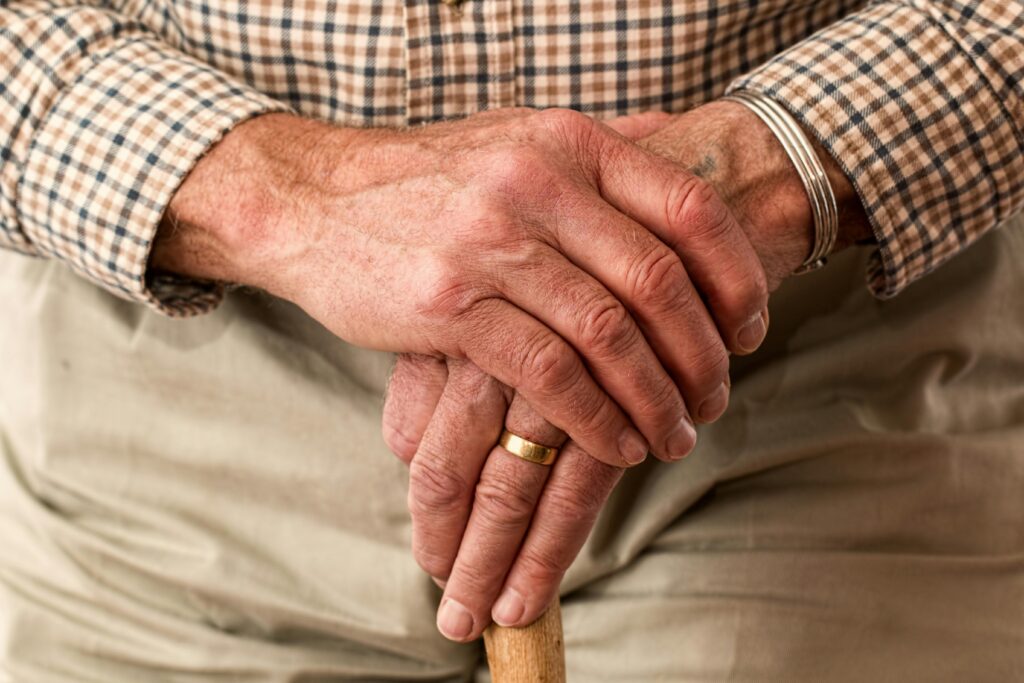
It might not be easy to know when it’s time to consider assisted living for a loved one. It’s an emotional decision driven by worry for their welfare. People’s needs and abilities change as they become older, and it’s important to know when they need extra help.
This article will aid you in recognizing crucial signs that indicate it may be time to consider assisted living for your loved one.
Decline in Physical Health
When you notice a decline in your loved one’s physical condition, you should consider assisted living. Signs such as trouble walking, falling a lot, or dealing with long-term medical issues are telltale signs. Daily chores like dressing, eating, and even taking a shower can become more difficult as a result of these bodily changes. Your loved one can become more dependent on you and run the danger of getting hurt or having an accident.
Without competent care, residing at home might become dangerous, particularly if the house isn’t modified to meet the person’s evolving demands. An atmosphere that is safer and allows for close monitoring of their health is provided by an assisted living community in Grand Junction, or in their local area. Additionally, it gives people access to various amenities, guaranteeing they get the support they require to keep up their well-being.
Cognitive Impairment and Memory Loss
Memory loss and cognitive decline are two clear indicators that your loved one could benefit from assisted living. You may notice that they lose things more frequently, forget crucial appointments, or even get lost in familiar places. It may be an early indication of dementia or Alzheimer’s if they have trouble following conversations or making judgments. Taking care of these issues at home can get dangerous and burdensome, particularly if their memory issues worsen.
They might become less independent and have trouble doing simple things like cooking or taking their prescriptions. Facilities for assisted living are prepared to face these difficulties. In order to help residents retain their quality of life while guaranteeing their safety and comfort, they provide specialized care and regimented routines.
Increased Social Isolation
An increasing amount of self-isolation on the part of your loved one may indicate that assisted living is required. Being socially active is essential for mental and emotional health. But as people become older, they may stop participating in things they used to enjoy, avoid going out with friends, or even grow bored of spending time with their family. This seclusion can result in loneliness, and loneliness is strongly associated with sadness and a deterioration in mental health.
Assisted living facilities can offer a lively social atmosphere as a solution. Participation in social events, outings, and group activities is encouraged in these communities, and it can greatly enhance your loved one’s morale and mental health. Regular social interaction and being in the company of peers can make them feel less alone and more connected.
Difficulty Managing Household Tasks
When home tasks become too difficult for your loved one to manage, it’s a clear sign that they may require assisted living. As one matures, chores like cooking, cleaning, and keeping the house safe might all become too much to handle. You may observe food going bad in the refrigerator, payments not being paid, or clutter building up. Financial management may also become difficult if your loved one struggles to avoid scams or forgets to pay bills on time.
Relationships may be strained by this increasing reliance on family members or caregivers, and it might not be sustainable in the long run. These responsibilities are handled in an assisted living setting, giving your loved one the comfort of a comfortable home without the burden of running a household.
Caregiver Burnout
Another very important indicator that it’s time to think about assisted living is caregiver burnout. You can begin to feel emotionally and physically worn out if you or other family members are taking care of your loved one. This weariness can cause tension, annoyance, and even bitterness, all of which can lower the standard of care your loved one gets. It might be challenging to provide your loved one the attention and assistance they require when caregiving gets too much.
To avoid burnout, consider getting help from family, friends, or professionals. A good assisted living community can offer expert care and free family members to concentrate on preserving a positive relationship with their loved ones. In this manner, you can prevent the detrimental impacts of caregiver burnout while still ensuring your loved one receives the necessary care.
Conclusion
It’s critical for your loved one’s safety and well-being to recognize the indicators that the time has come for assisted living. Signs that range from physical health issues to caregiver burnout suggest that there may be an increasing need for expert care and assistance. Making the move to assisted living can improve their quality of life by providing the care and social interaction they require and relieving family caregivers of some of the strain.


